Thousands of test monkeys transferred through Iceland
Icelandic airline Bluebird Nordic (Bláfugl) transported thousands of monkeys from Asia and Africa to Europe and the USA in recent months. There is evidence that the monkeys are wild and can carry disease. Many of the trips stopped over in Keflavík.
Every day, on average, more than twenty thousand passengers pass through Keflavík Airport, dozens of tons of all kinds of freight, from fresh seafood to shipments from online stores, quite a lot of military equipment - and some days monkeys.
The thought of monkeys roaming around Keflavík is a strange one. Where are they going, and why?
This may sound like a set up for a cheap joke, but it's not at all. In the early summer of 2023, the airline Bluebird Nordic (Bláfugl) went to Asia, a destination that is not normally part of the company's route system, and has since made at least sixteen trips to Mauritius, Vietnam and Cambodia, to pick up animals that are being transported to Europe and the United States.
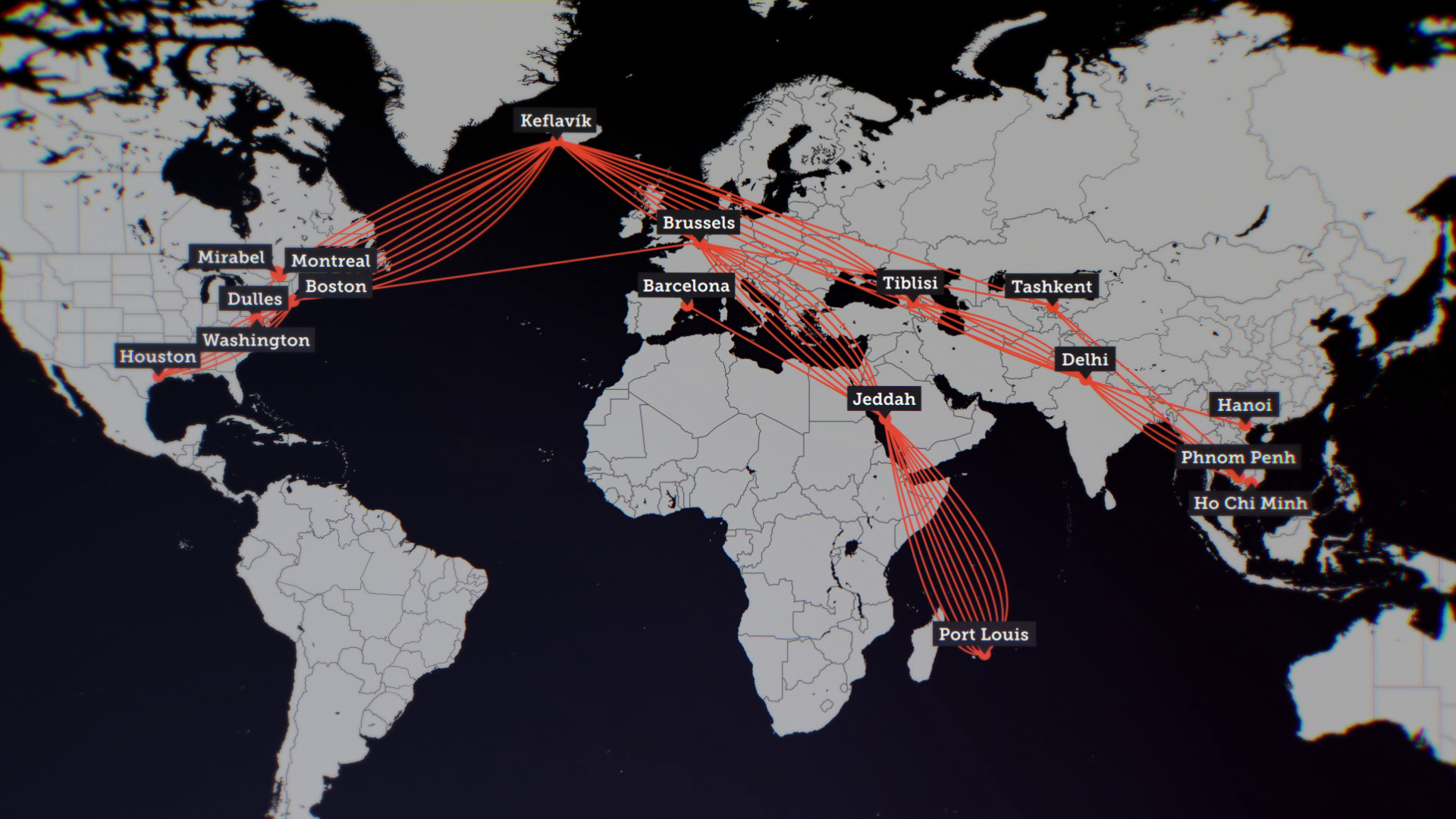
These transports are controversial, so much so that most other airlines have stopped such projects, most recently Air France in June 2023. And, in the same month, Spanish animal welfare campaigners first became aware of Bluebird Nordic's planes in hitherto new areas, says Dr. Pablo Fernández, spokesperson for the Spanish organisation Abolición Vivisección, in an interview with RÚV's current affairs strand Kveikur.
Kveikur received a tip that the American animal protection organisation PETA, the largest in the world, had complained to the American authorities about the trips. Dr. Lisa Jones-Engel, scientific advisor at PETA, says it was surprising to see an airline from Iceland involved in the transportation of monkeys from Asia, and that the company has recently transported more monkeys than anyone else in some time.
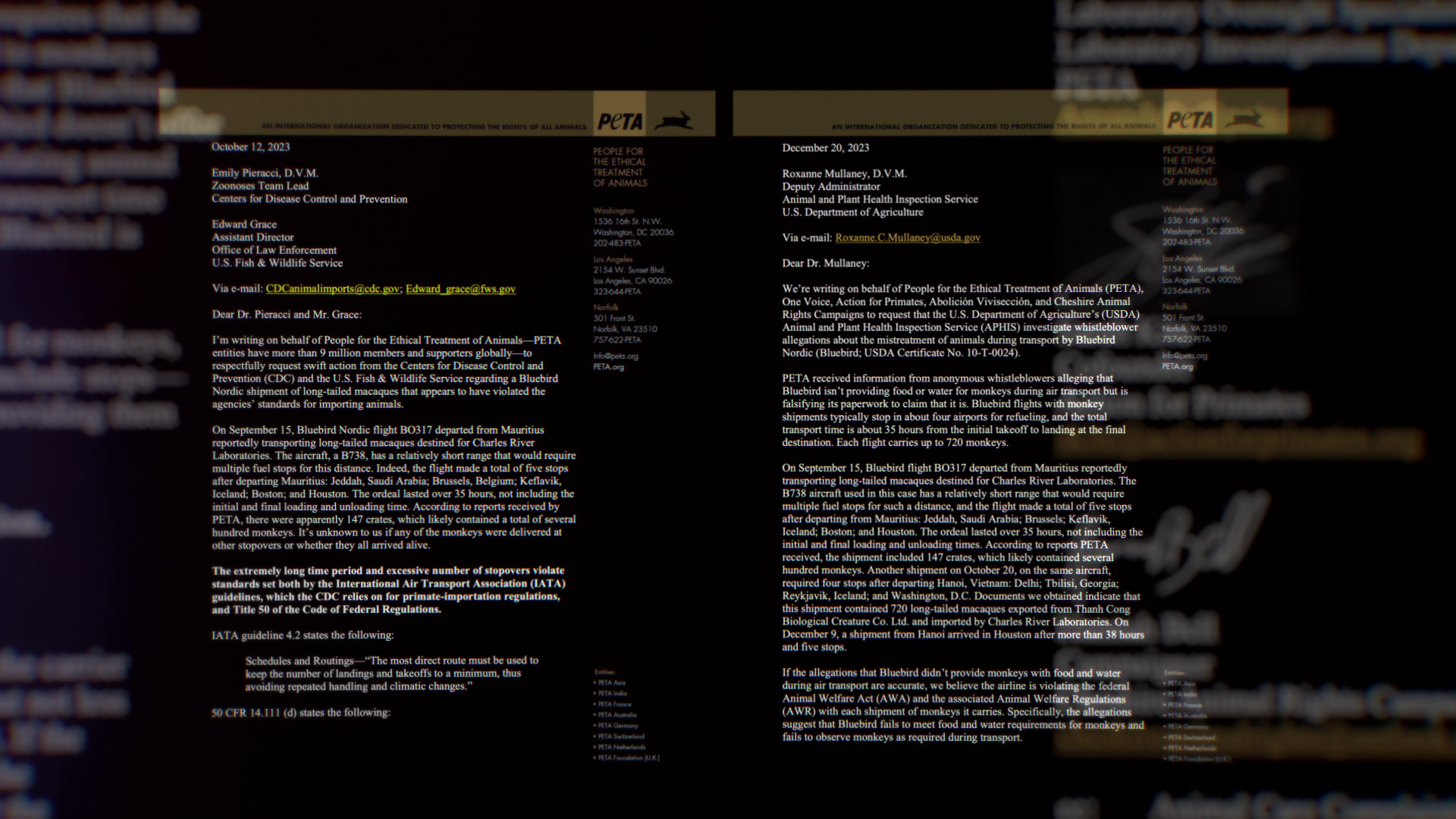
According to data obtained by Abolición Vivisección, about seven of the sixteen flights of Bluebird Nordic, more than 5000 monkeys were transported on these seven trips - around 720 per trip on average.
The transport, treatment of the monkeys and their use in scientific research is not only an animal protection issue. As a rule, monkeys in scientific research are raised in breeding facilities to ensure that their treatment is correct, their origin is traceable and the animals themselves are free of diseases and pathogens. But the monkeys in the Bluebird aircraft do not meet these conditions, say Kveikur's interviewees, part of an international group of animal protection organisations that have long tracked the monkey trade.
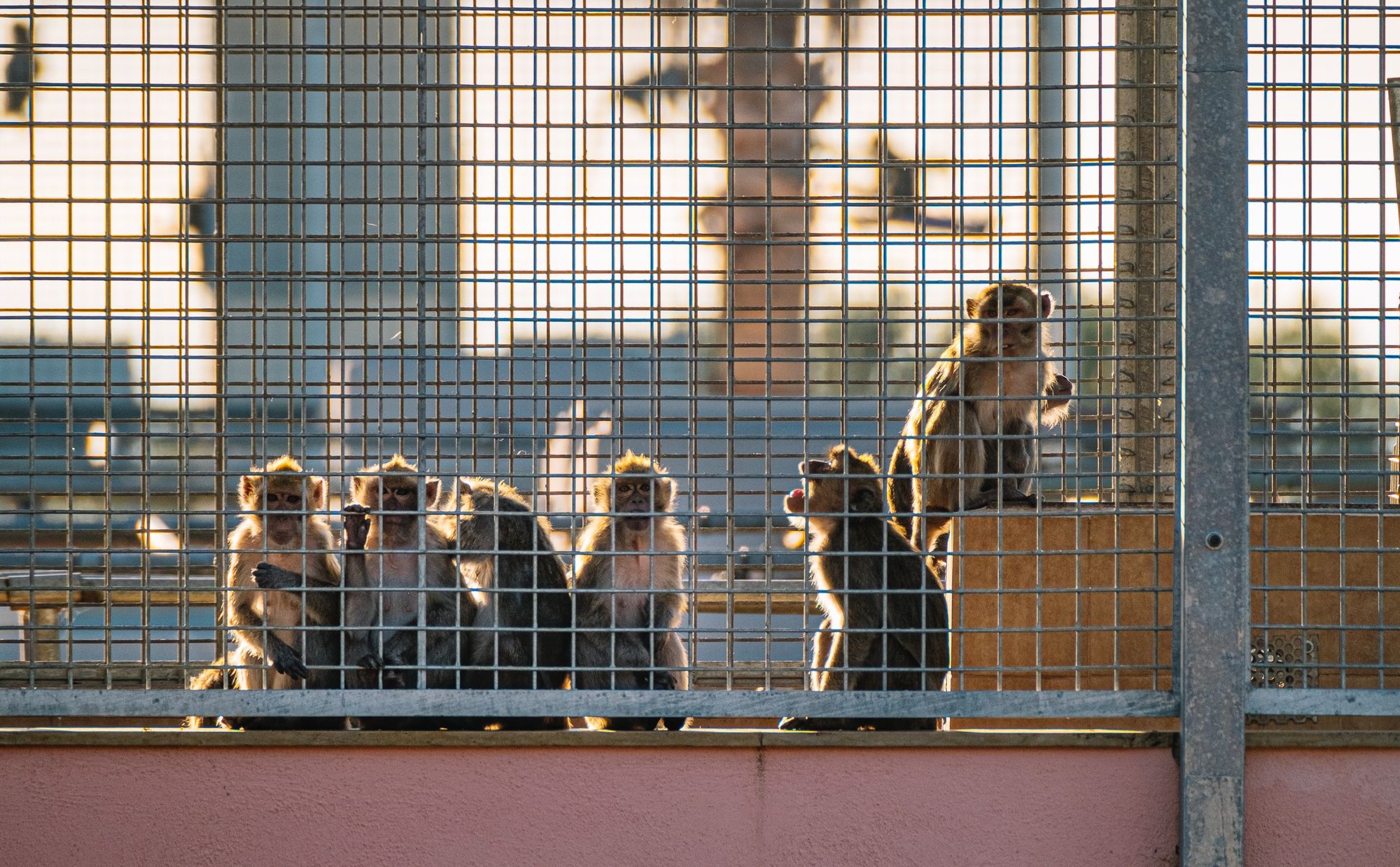
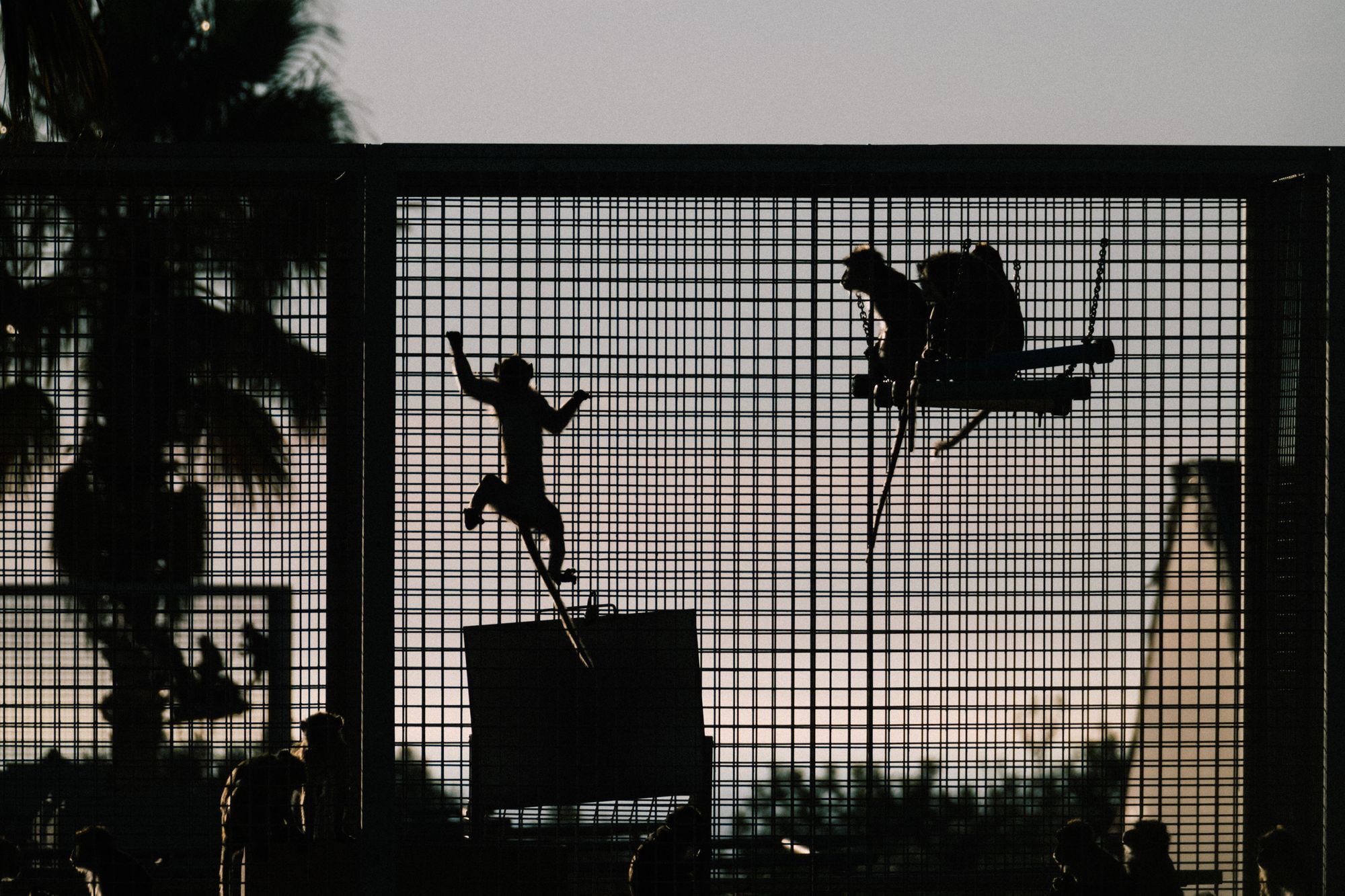
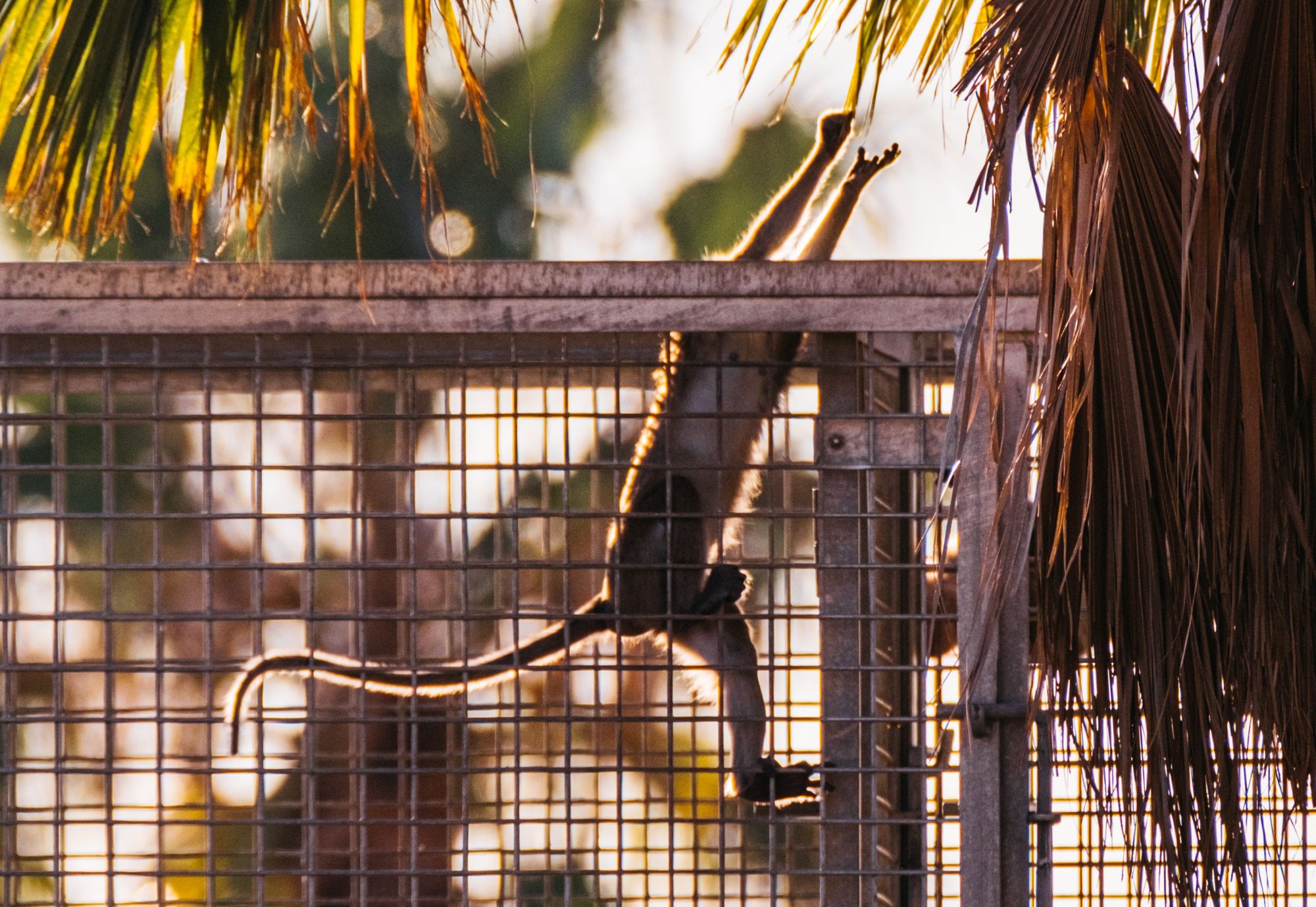
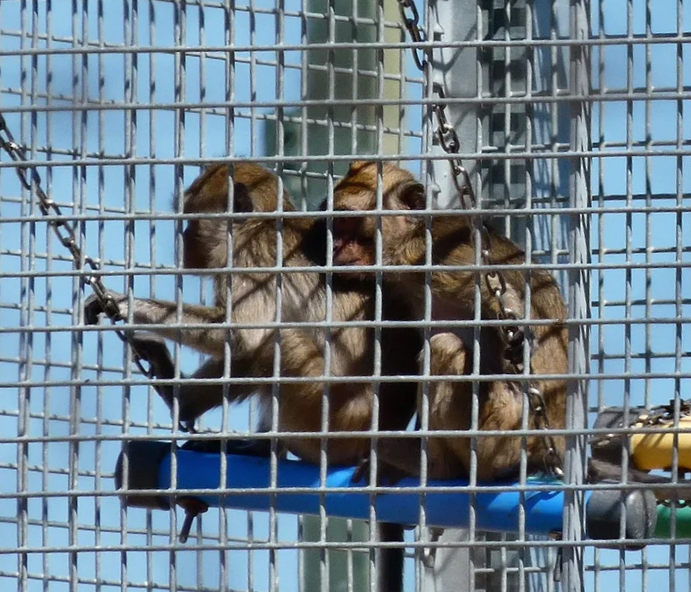
When the Covid pandemic hit, and US-China relations worsened at the same time, the Chinese government went into lockdown and banned the export of monkeys. China was until then the largest exporter of monkeys. Suddenly there was a shortage of the animals, along with a huge increase in demand due to various scientific experiments.
Dr. PETA's Lisa Jones-Engel says that's when others jumped in to fill the vacuum. Suddenly, the supply of monkeys from Mauritius, Cambodia and Vietnam increased dramatically. However, monkey farming generally does not go well because the animals do not want to reproduce in cages. The monkeys from these three countries are therefore actually wild, hunted in jungles and carrying many kinds of diseases and germs.
Haraldur Briem, former chief epidemiologist, knows the risks believed to be caused by wild animals. He says monkeys are popular for research, and that they are considered important for advances in medical science as they are closely related to humans.

"[However], these animals can carry tuberculosis, these monkeys, and there are some examples now in recent years that they have. So this danger is real. But there are [also] many more pathogens that these animals can carry. Especially if they are being caught wild in the forest, in jungles. And then you don't know what it is. Diseases like Covid and influenza come to animals, and all of that can reach us," says Haraldur.
That said, according to an overview from the epidemiologist, only monkeypox and tuberculosis have been diagnosed here in recent years. The number of cases has increased, with almost twenty of each disease last year.
Dr. PETA's Lisa Jones-Engel, herself a PhD in primate research, worked for thirty-five years in scientific experiments on monkeys, until she was overwhelmed by their treatment and the lack of awareness of the scientific world five years ago. A collective deaf ear was turned to suggestions about the bad treatment of the animals, and the fact that many of them arrived at their destination ill and sick with all kinds of diseases that then raged on within the research groups, was ignored. Tuberculosis, malaria, campylobacter, salmonella, yersenia and even viruses similar to Ebola have been detected in the monkeys. "You name it. These animals had it," says Lisa. Scientists have also warned that the next pandemic could originate from these animals, as they are exported around the world.
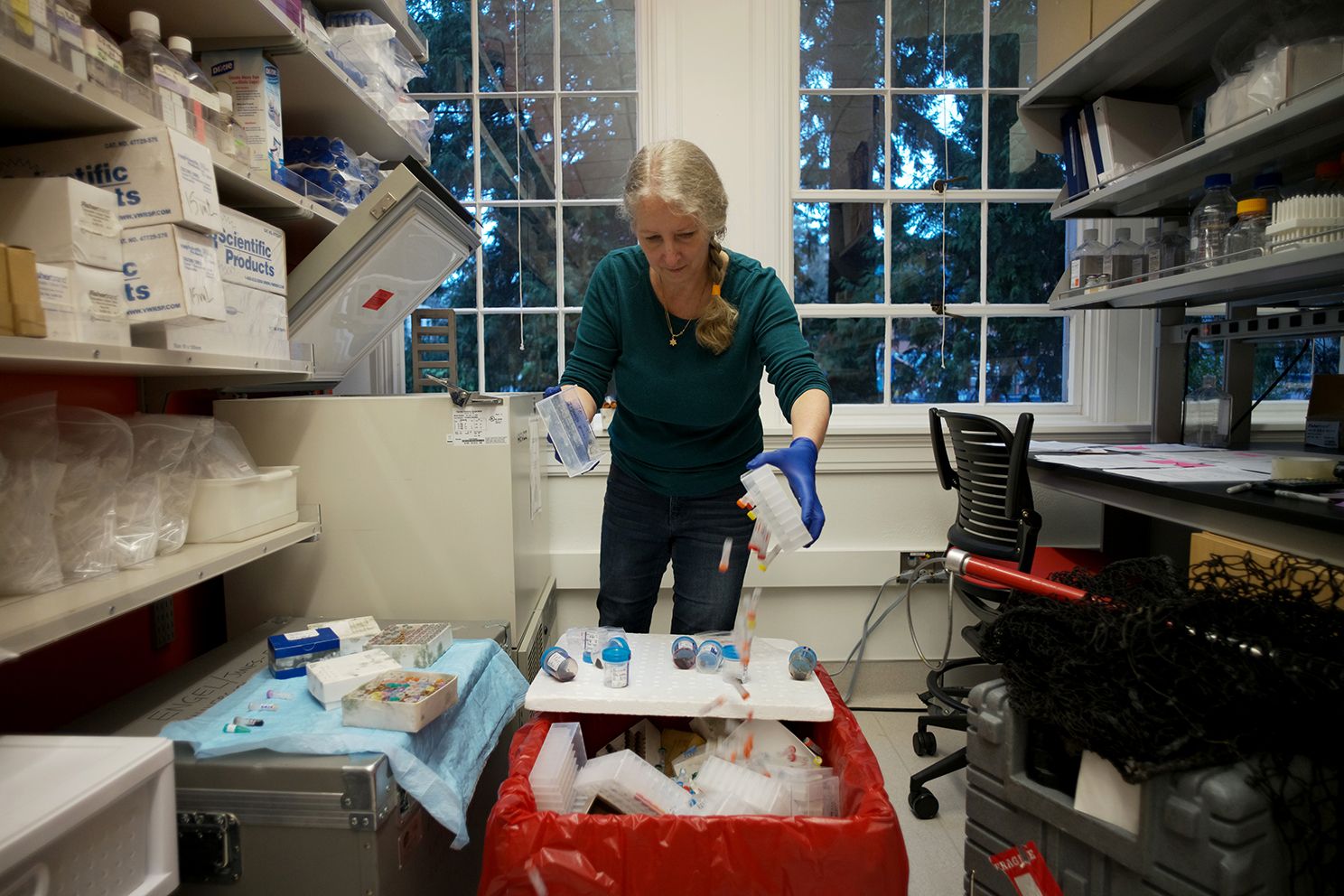
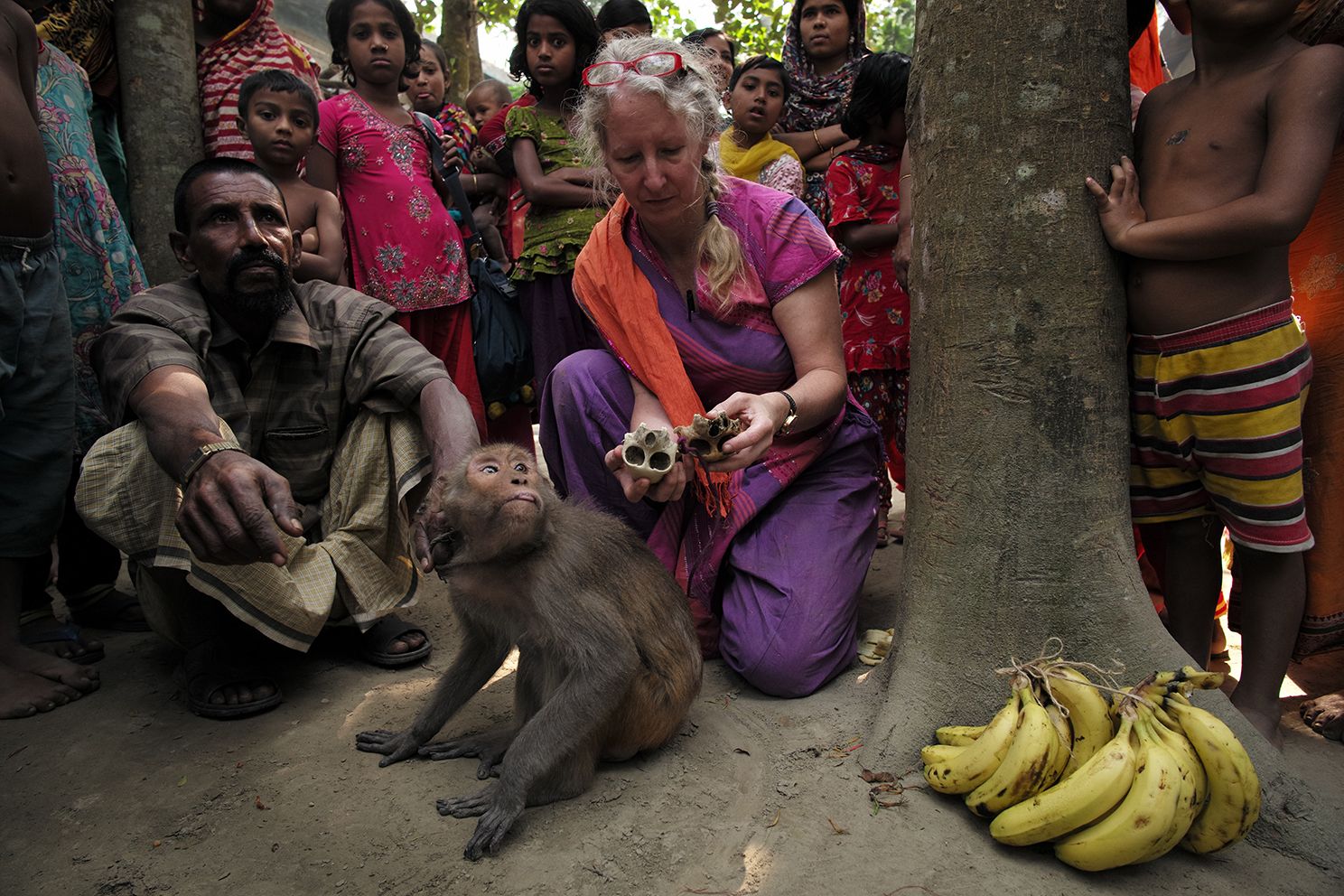
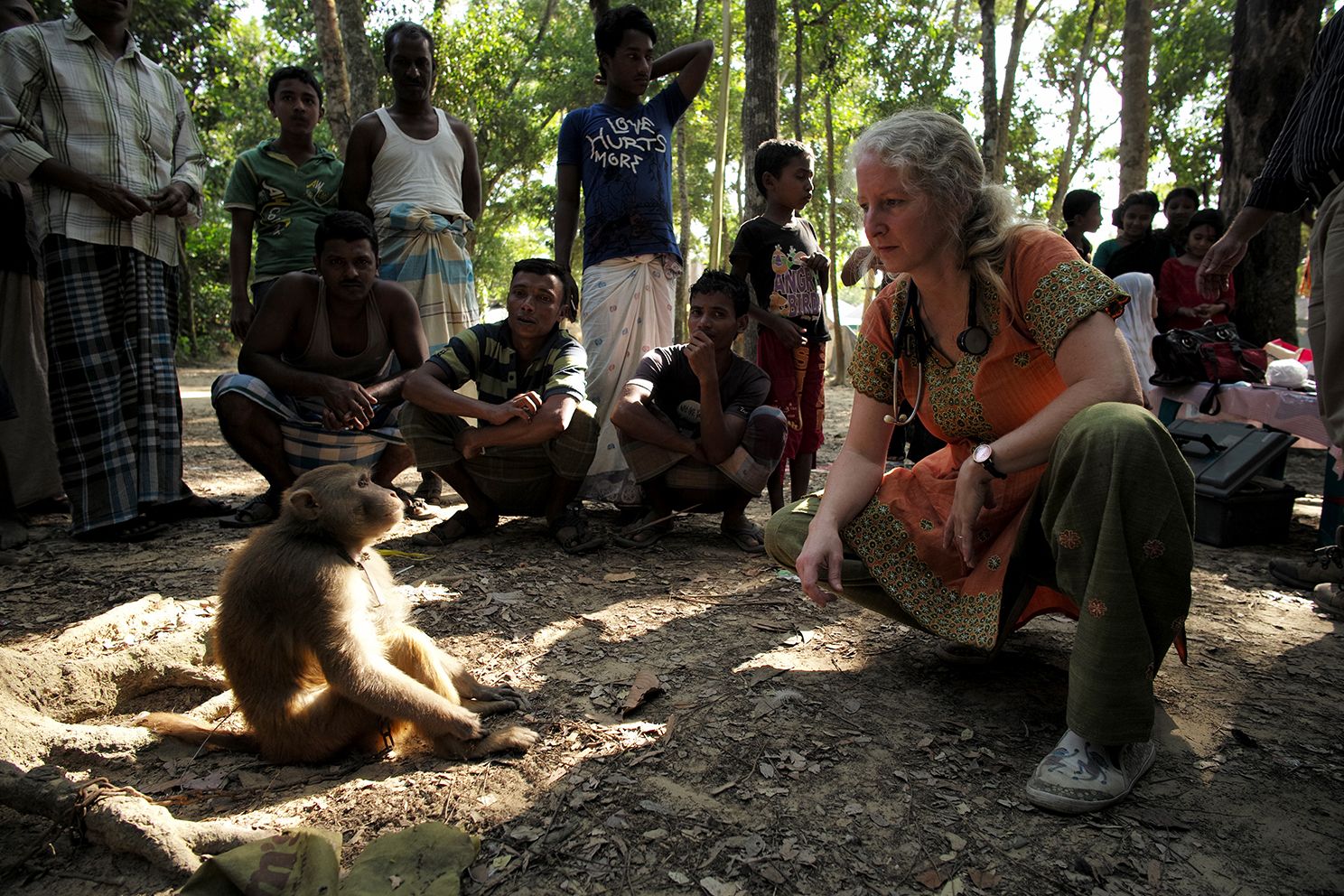
"This is not hypothetical," says Lisa. "The tuberculosis or the bacterial diseases or these Tier one select agents, bacterial diseases that are so dangerous that here in the US we consider them bioterrorism weapons. These pathogens are shed in the urine and in the feces and in the saliva and through respiratory droplets."
It is clear, therefore, that it could be very dangerous to interact with the animals or handle them. The pilots of Bluebird Nordic's planes, and the cargo loaders at airports, would be in the greatest danger.
The journeys are also long. Take the trip that started on October 16 in Mauritius. From there, the flight went to Jeddah in Saudi Arabia, Brussels, Keflavík, Boston and finally Houston in Texas. Forty-three hours passed from take-off to landing at the destination. Another trip went from Hanoi in Vietnam to Washington, with stopovers in Delhi, Tiblisi and Keflavík - a journey of more than thirty-two hours, with a four-hour layover in Keflavík, on October 21 last year.
Pablo from Abolición Vivisección says it is almost certain that the law on animal protection has been broken. He says informants have reported bad treatment at Bluebird Nordic, for example that animals are not properly taken care of on the way, or given food and drink.
Icelandic laws and regulations stipulate, among other things, that care should be taken not to cause fear, injury or suffering when transporting animals. They should be fit enough to endure the journey. The animals should be transported without undue delay and have their well-being regularly monitored. They also need to be protected from the weather - for example, the winter cold, during a stop at Keflavík Airport.
Lisa says that there are indications that Bluebird Nordic has gone against the law and such regulations.
Kveikur requested an interview with the representatives of the airline, who are in Lithuania, but they neither wanted to give an interview nor answer written questions. The company's statement said only that the company operated according to the established rules and provided the authorities with any information that was requested, but due to confidentiality clauses, it was not possible to answer further questions.
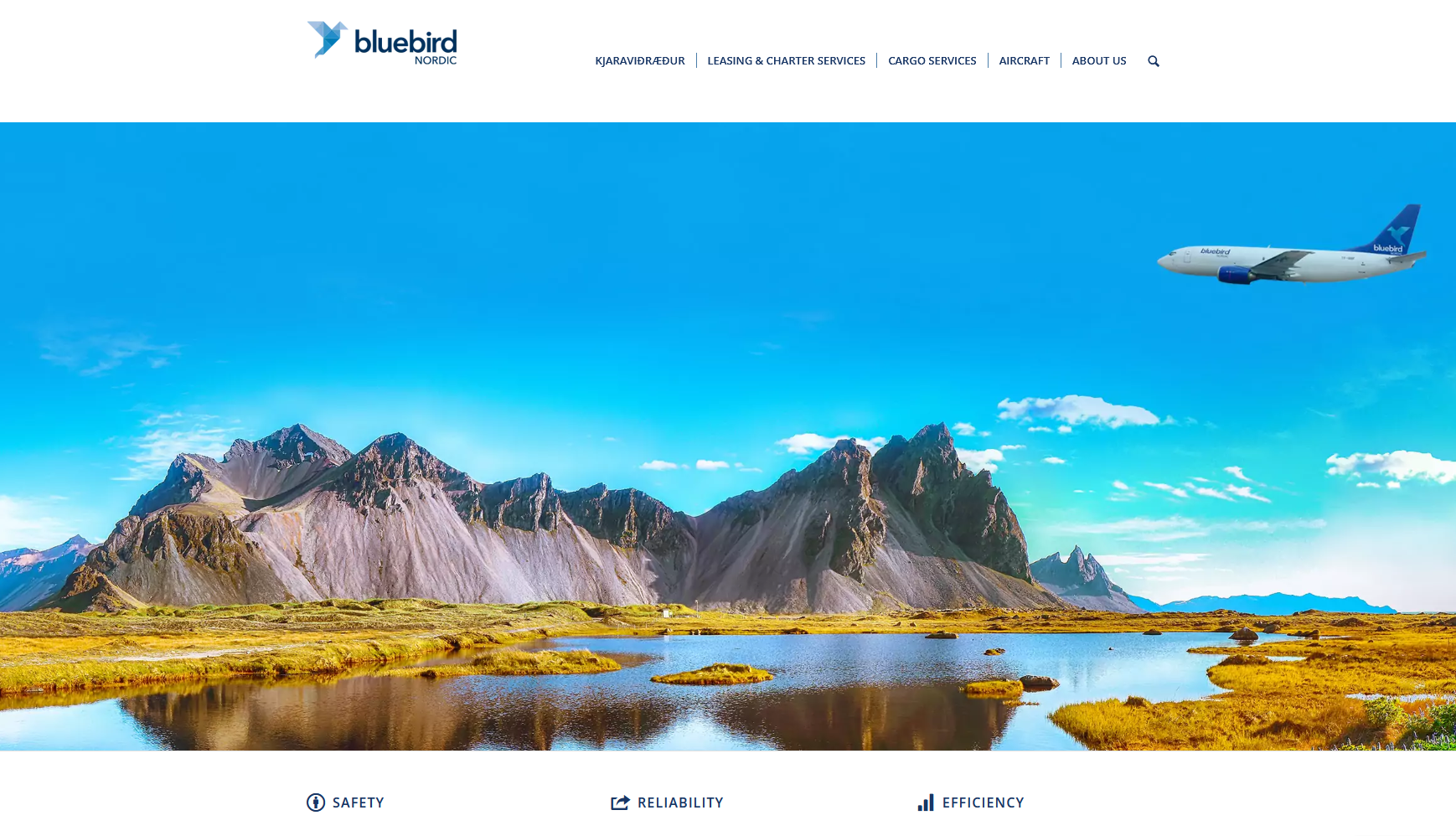
But what do the crews of the airline say? Nothing has been heard from them by Kveikur. No Icelandic pilots have worked for the company for a while, instead they rely on international crew agencies - and the contracts that pilots sign there may explain the silence.
There are provisions on crew responsibility and confidentiality, and if pilots, for example, break confidentiality by revealing information about sick monkeys, they can be fined five thousand euros, which must be paid immediately. And that increases by five hundred euros per day during the alleged violations. It can therefore be - personally - expensive to tell the truth.
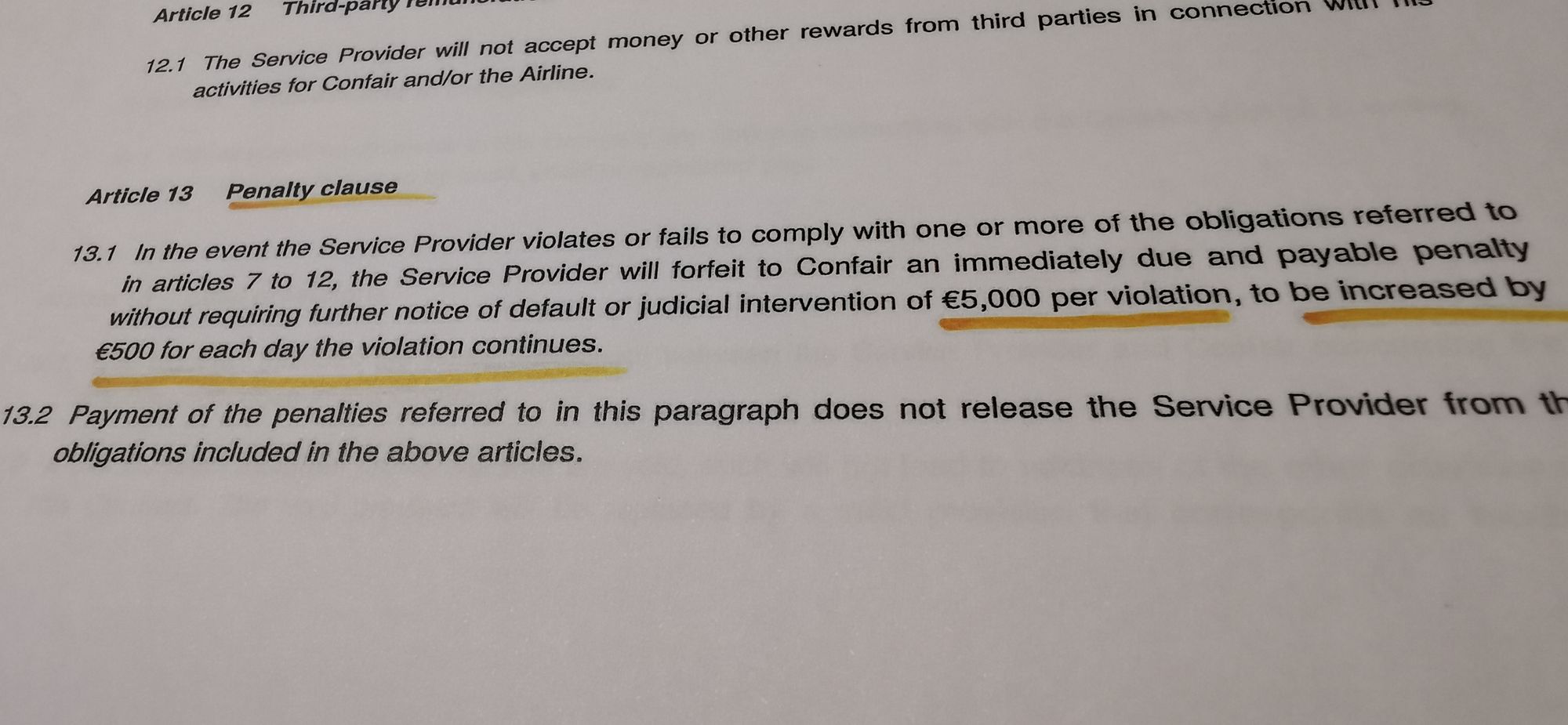
An anonymous PETA whistleblower has spoken about an incident at Boston airport. "There was an employee who told us that he and his colleagues had come to handle the plane and cargo in Boston. When they got to the plane, they saw that some people were wearing protective clothing and asked for the same, but they got answers from the crew that it was completely unnecessary, they should just hurry up with what needed to be done, because the trip had to continue." says Dr. PETA's Lisa Jones-Engel.
Bluebird Nordic did not want to answer Kveikur's questions about those accusations either.
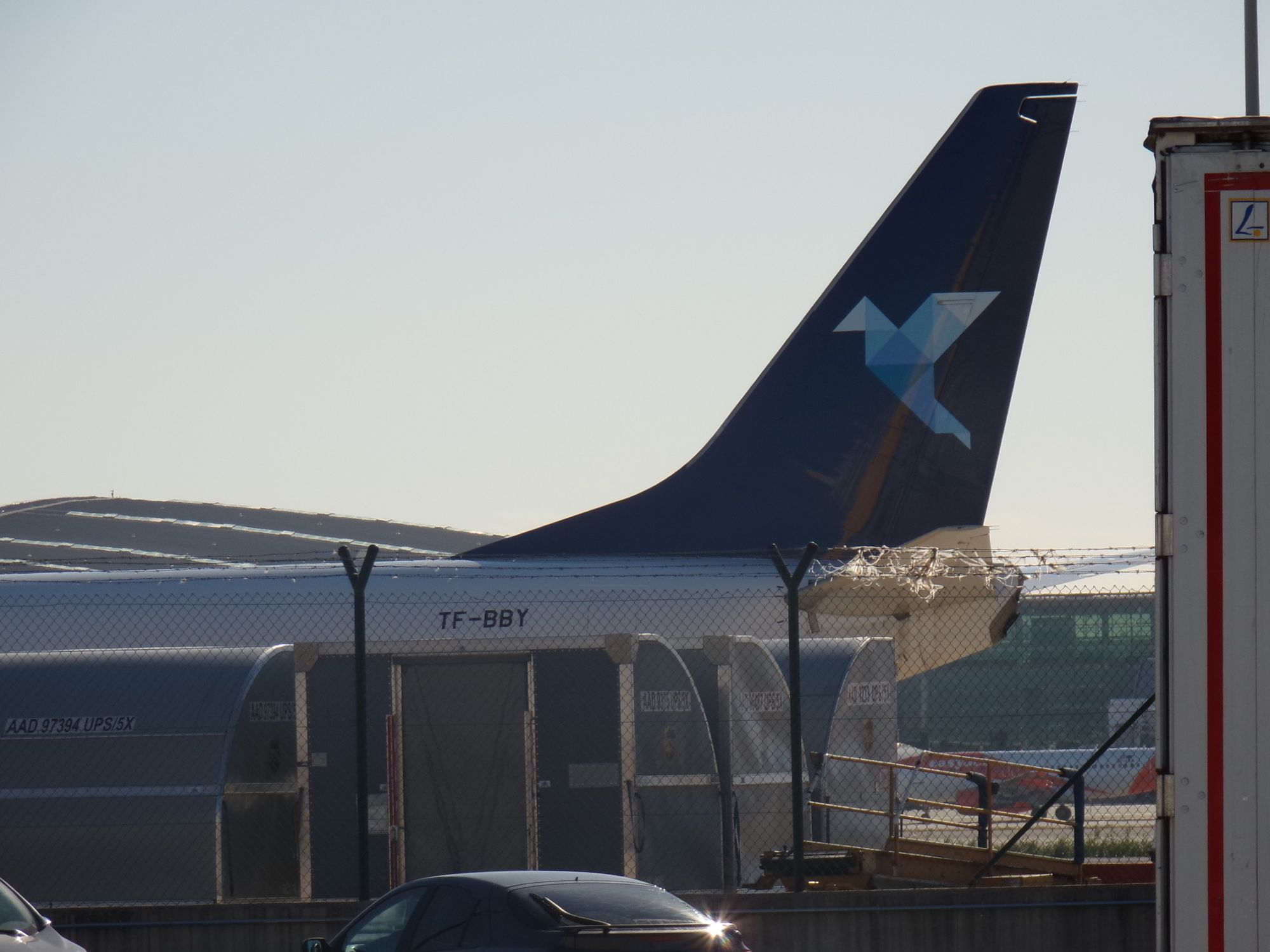
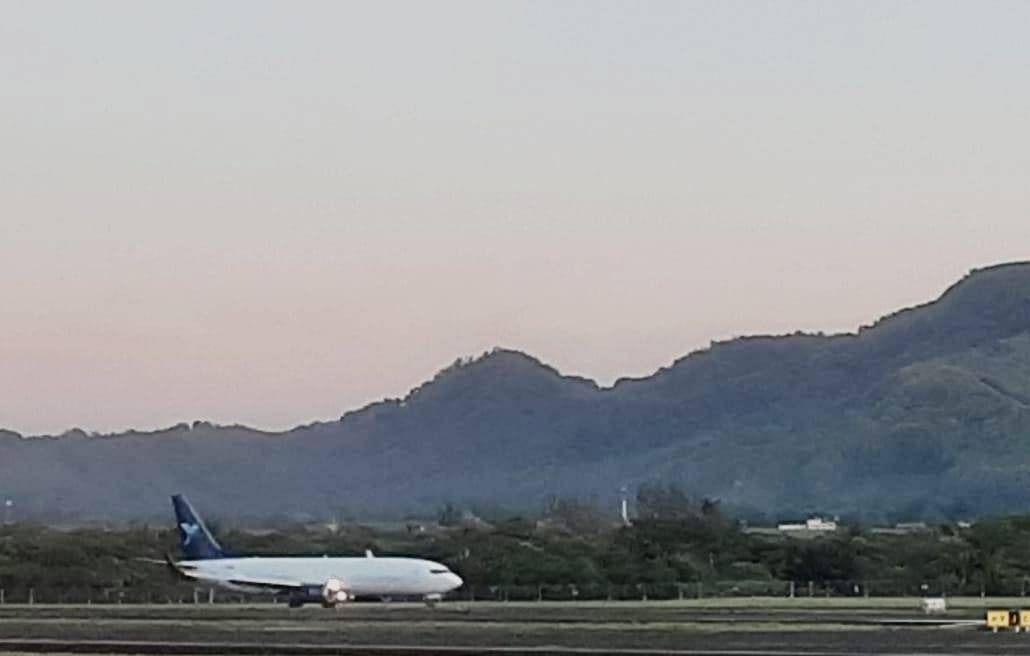
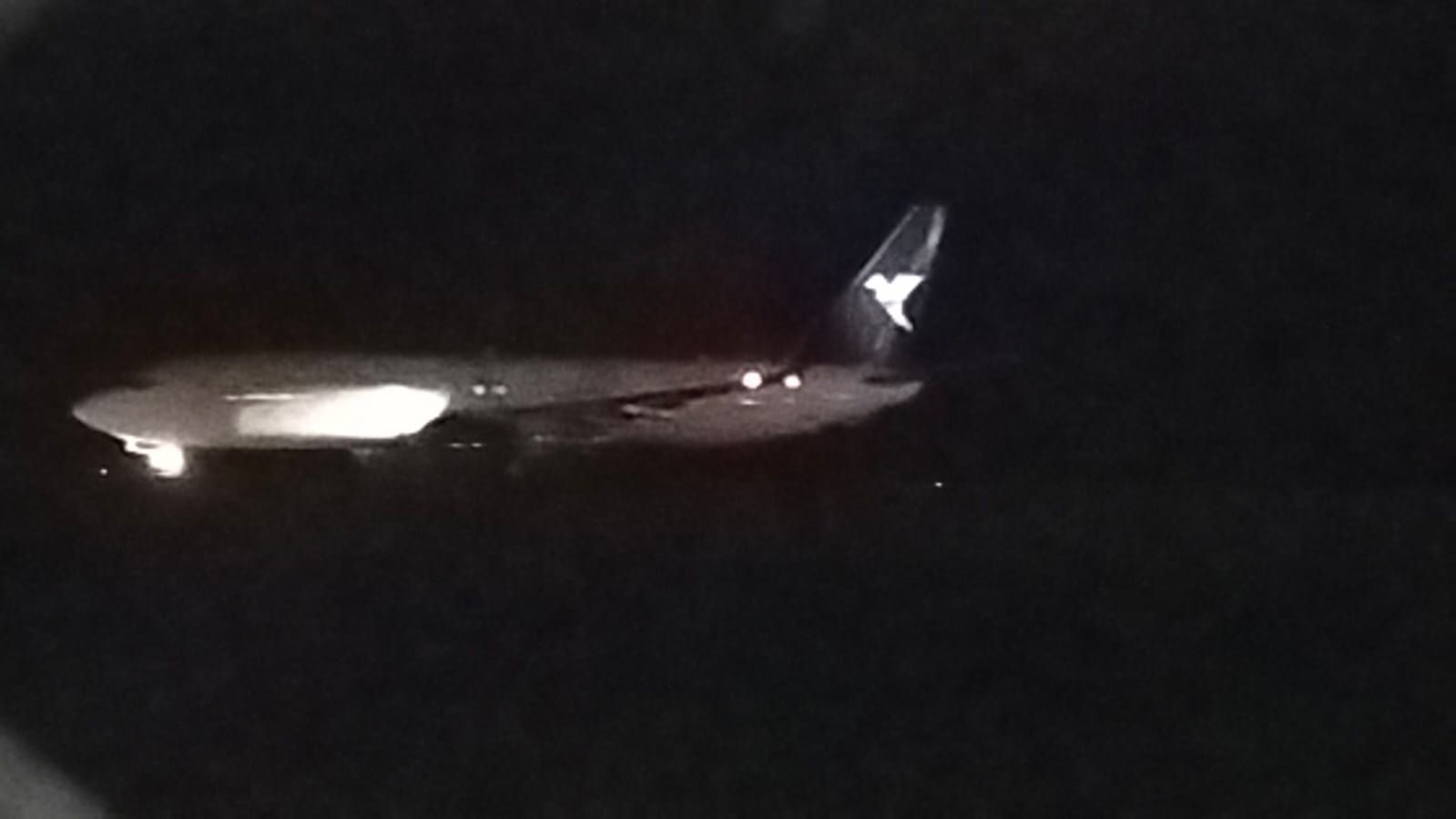
Neither the Icelandic Transport Agency nor the epidemiologist at the National Health Service say they have anything to do with transport of this kind unless the Food Agency specifically calls the representatives of the institutions.
The Icelandic Transport Authorities’ answers
The Icelandic Transport Authority carries out periodic inspections which are carried out in accordance with EU regulations and are limited to the aviation safety aspect of aviation activities. Those requirements do not include the transport of animals. Aircraft on the Icelandic register are subject to the same inspections during stops abroad. Although the issue of the welfare of animals in transport does not fall under the authority, the Transport Agency would of course guide and assist other authorities such as MAST [Iceland's veterinary authority], as much as possible, in order to get on board aircraft for inspection in this regard.
Regarding the requirements that apply to international flights, the standards of the International Civil Aviation Organisation have been implemented according to The Chicago Convention and EU Basic Regulation no. 1139/2018 and derived regulations. These requirements do not cover the transport of animals. In the case of a so-called technical stop, i.e. when an aircraft lands to pick up fuel, there are no requirements to report cargo like this to the aviation authorities in Iceland.
Airlines are not obliged to give the Icelandic authorities any information about what is on board the planes that stop here, if the stop is considered a stopover or of a technical nature, because then the plane should remain closed with nothing added or taken away, other than jet fuel and possibly food for the crew.
"The animals are not actually being brought into the country. So, strictly speaking, we do not control animal transport in international flights," says Hrönn Ólína Jörundsdóttir, director of the Icelandic Food and Veterinary Authority. But she admits that it is uncomfortable to receive tips about incidents like these monkey transports.
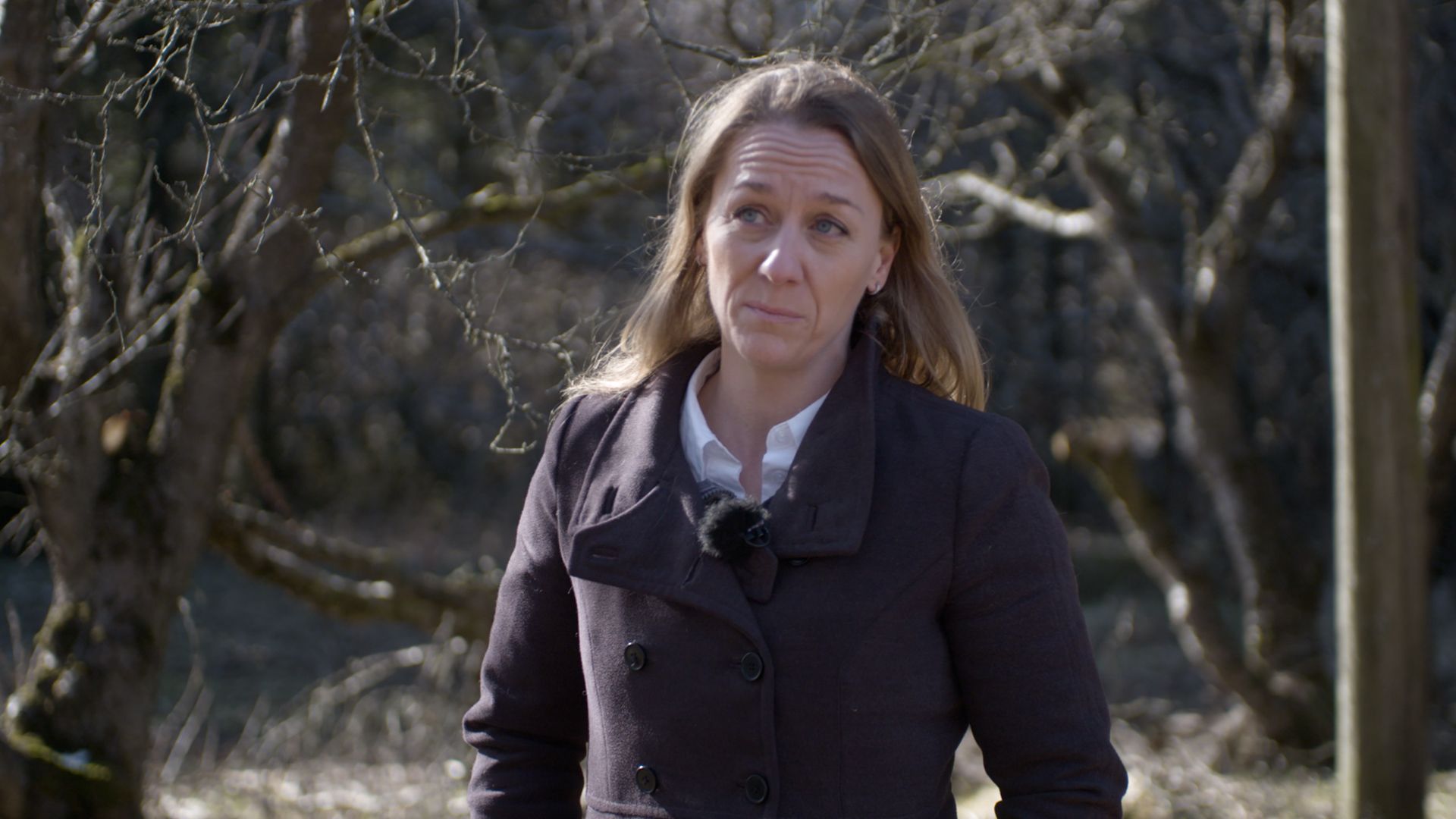
"Sure, it's definitely unpleasant to receive such tips. And we got a tip in January and followed it up. By the time we finally had the flight number information, the plane had left. But I see this, in light of these suggestions that we are now receiving and this information, that we will follow up on the matter and then cooperate with the Transport Agency, which supervises air travel. And let's get information the next time such cargo passes through Icelandic airspace or land in Iceland. That we wish to go on board to check if the welfare of the animals is threatened during that transport. Then I think it's possible for us to demand rectification on the spot, before the plane continues," says Hrönn.
Bluebird Nordic's answers to MAST
The managers of Bluebird Nordic refused to answer Kveikur's questions about the transports. But MAST requested an explanation from the company after an interview with Kveikur, and received these answers:
Bluebird Nordic made 8 flights via KEF to the USA and Canada between September 2023 and February 2024.
It was only a technical landing in Keflavík, where fuel was taken and in some cases the crew was changed. The cargo compartment of the plane was not opened in Keflavík and no animals, equipment or waste were disembarked.
Since the animals were coming from quarantine to the departure point, the crew and staff were forbidden to come near the animals' cages and not to enter the cargo compartment of the plane.
Transport was carried out according to IATA rules for the transport of such animals. In all cases, the animals were unloaded in Tiblisi or Brussels, which was about the middle of the journey, and given food and water. Furthermore, in most cases the animals' cages were prepared so that they had access to water during the flight.
Equipment and aircraft were disinfected after unloading at the destination.
Dr. Lisa Jones-Engel, primate expert at PETA, says that epidemics spread because people and animals are moved around the world. And the transportation of monkeys is considered to cause the greatest risk of the spread of diseases from the animal kingdom.
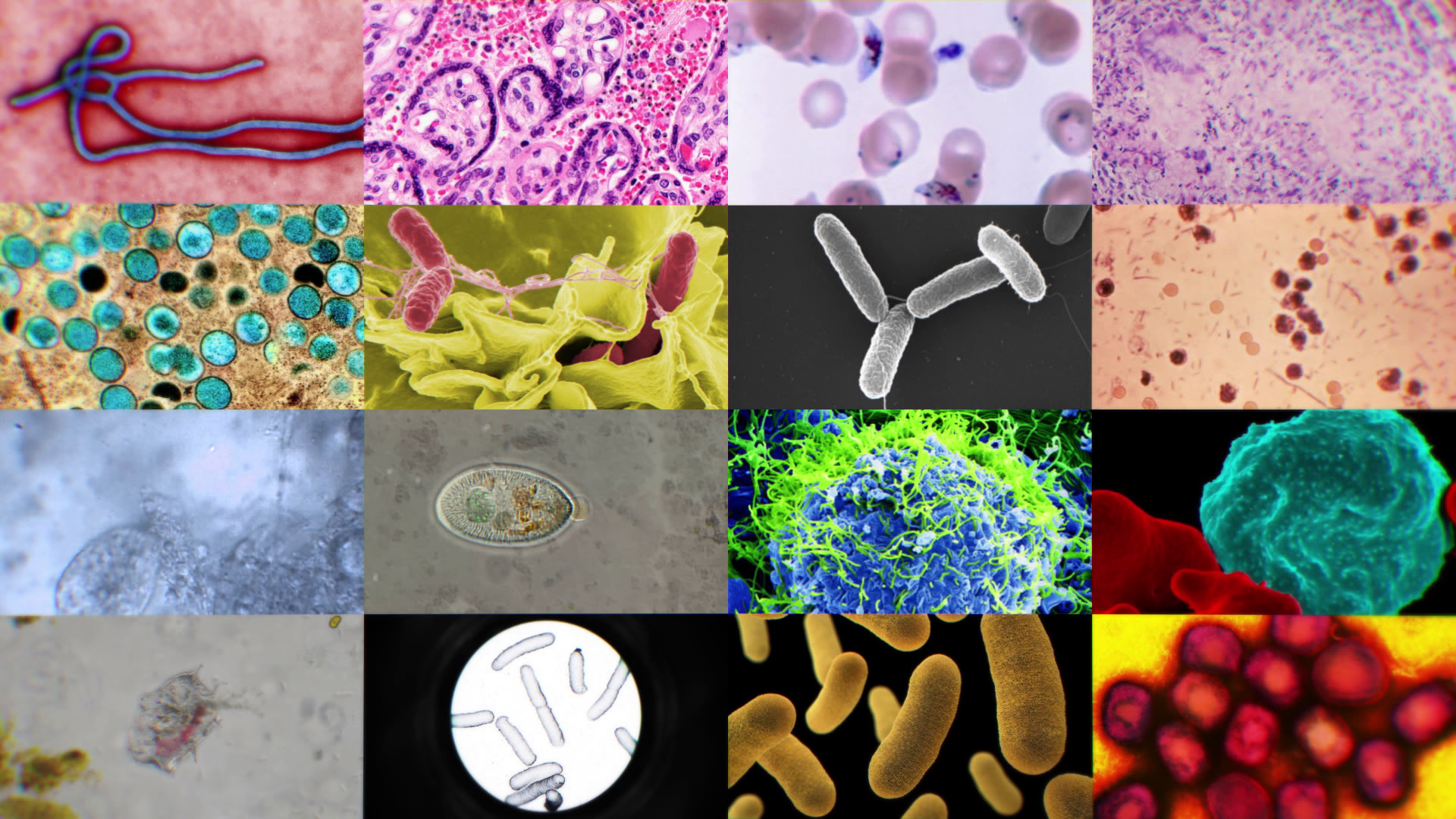
"The way the pandemics emerge is because people and animals move around the globe. The movement of long tailed macaques and rhesus macaques is considered the most significant potential for zoonotic disease risk. I do not think that it's unreasonable to think that this is a global issue, and if Iceland is one of the the main waypoints and actually the origin point for this particular airline, then Iceland has a responsibility. The Icelandic authorities have responsibility to ensure global health," says Lisa.
When Kveikur was at Keflavík Airport recently, cargo was being loaded into Bluebird Nordic's plane - including fresh seafood. It does not sound appetising, to say the least, that food is in the same plane as monkeys who lived in small boxes and are said to be possible carriers of infection.
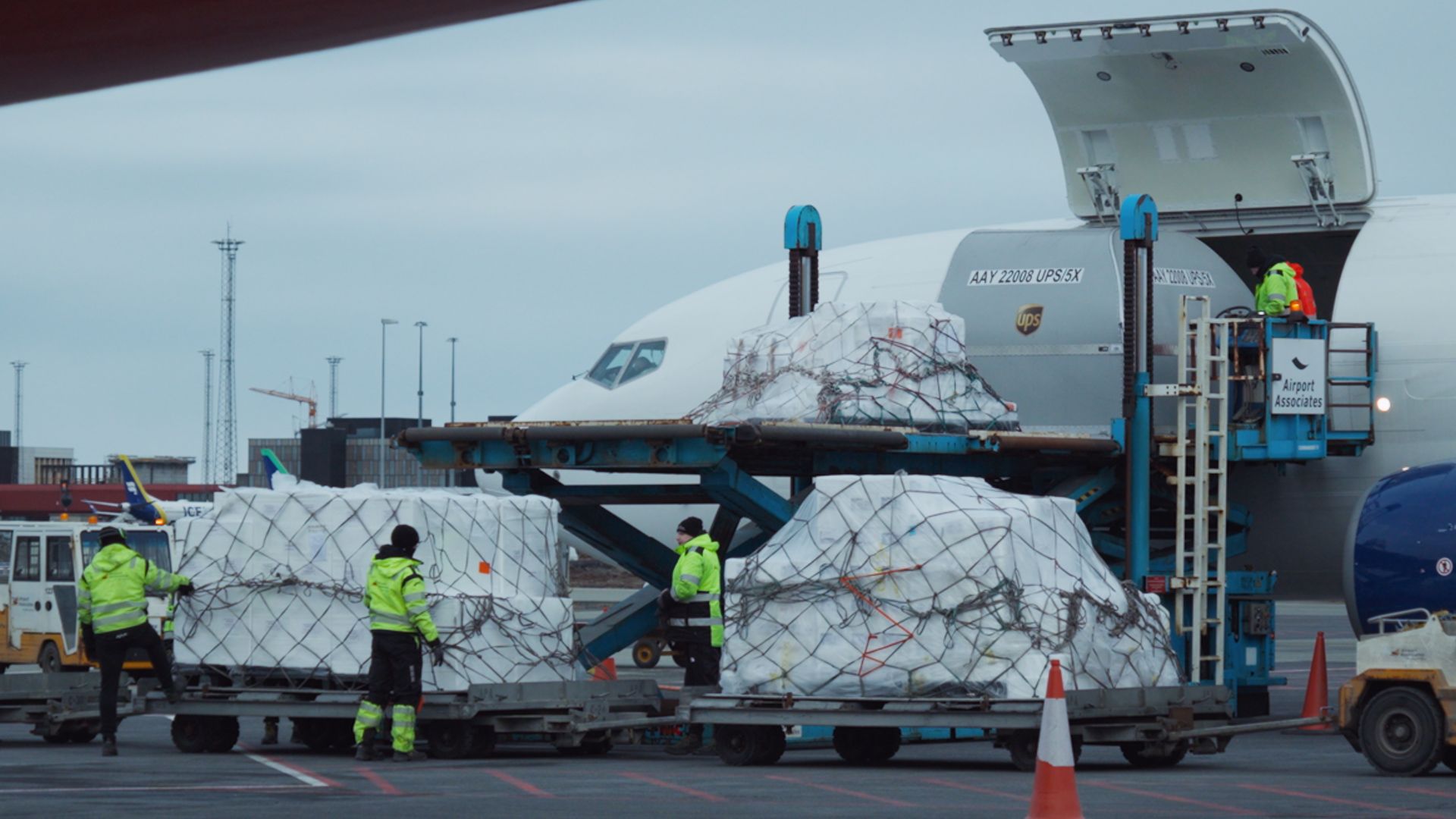
Lisa is wary of this and says she herself would like to be sure that the planes were thoroughly disinfected. "If the plane is full of monkeys on Monday and then carrying such cargo on Tuesday, I would be uncomfortable".
Haraldur Briem, former epidemiologist, takes the same line. "I think it goes without saying that people only have to be careful. And watch this. Perhaps these animals need to be taken better care of, and then also people need to know how to work [around them]. Be informed that there may be hidden risks in this." But he also says that the rules on how to clean planes are fixed, and he is not worried that there was yet any incident.
Bláfugl became Bluebird, then Bluebird Nordic and finally BBN Airlines Nordic. Sister companies have now been established in Slovakia, Indonesia, Turkey, and a license has been applied for in Thailand. But the company is ceasing operations in Iceland, just four years after a Lithuanian airline company bought it . According to Kveikur's sources, transport contracts are transferred to the new companies, especially to the company in Slovakia. The aircraft of the Icelandic company would also move mostly there. And if monkey transports from Asia to the US continue, the planes may not be Icelandic, but on craft as small as those used by Bluebird Nordic, it is difficult to avoid a stopover in Keflavík - with potentially several hundred wild carriers on board.

